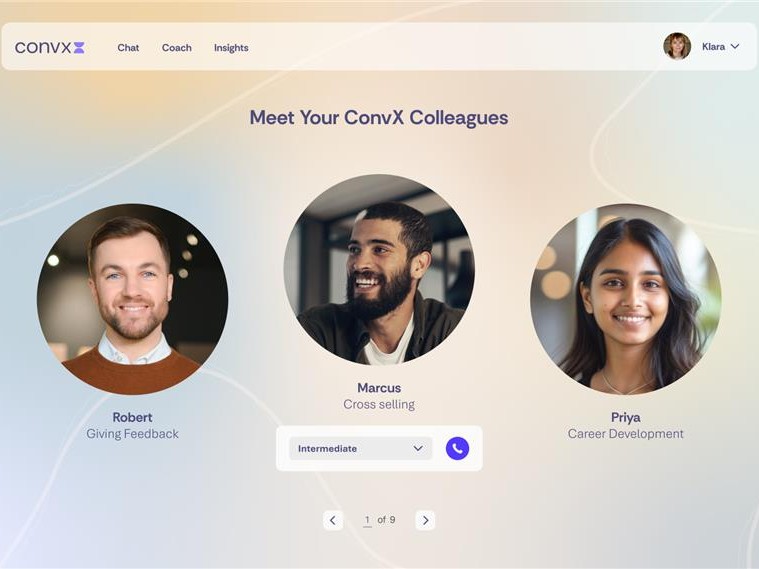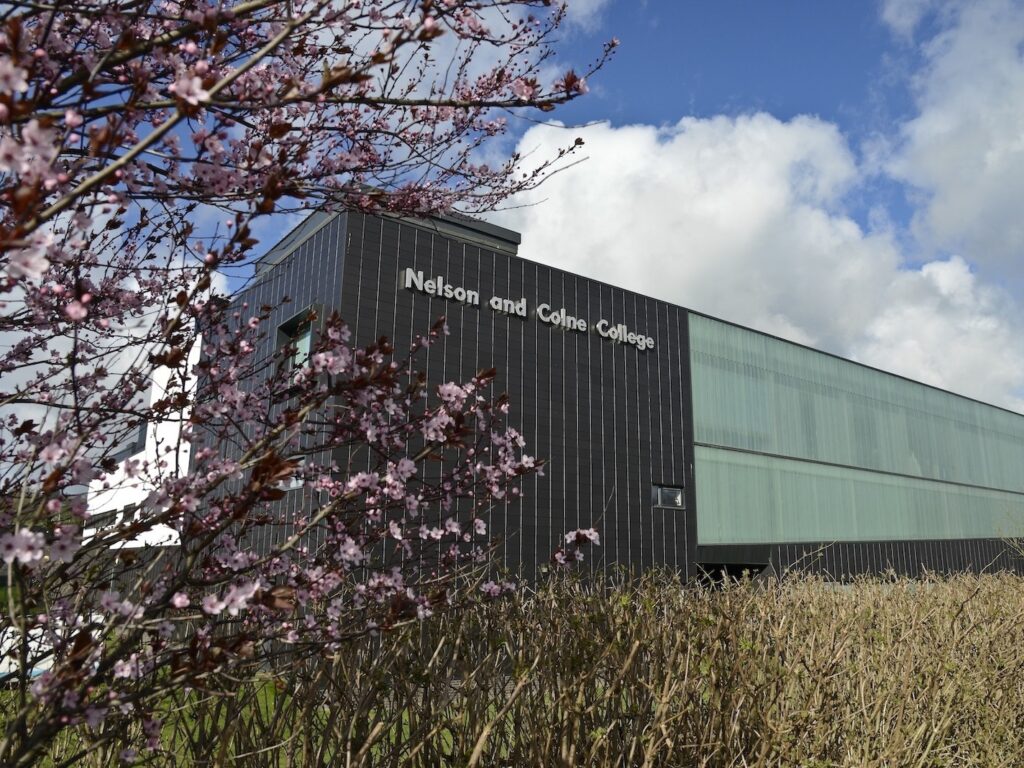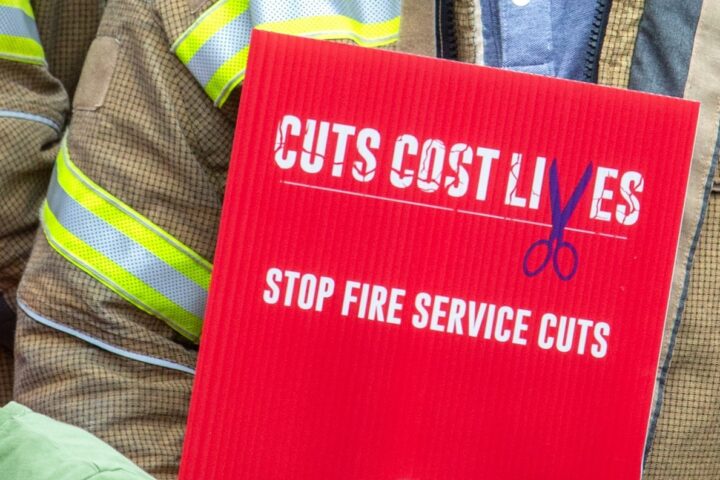Robert Walters has launched its ‘AI Readiness’ service, an advisory solution aimed at helping HR professionals use artificial intelligence (AI) in the workplace.
The service gives HR teams practical advice, frameworks and support to use AI responsibly and ethically.
Recent research from Robert Walters found that 60% of businesses had brought AI into recruitment, but a third of HR professionals did not feel confident using it.
This gap means some businesses have struggled to keep up with AI developments.
The AI Readiness service was developed by the Future of Work Advisory team at Robert Walters, and is already being used by several organisations looking to bridge the gap between AI ambition and real-world use.
Tom Lakin, global head of Future of Work Advisory at Robert Walters, said: “Too often, AI strategy is treated as a technology project when in reality, it’s a people project with technological implications.
“We’re seeing AI shift from a concept to a practical necessity in HR – from automating routine tasks to improving employee experience and decision-making.
“But success depends on more than just having the right technology. It requires a deep understanding of ethical implications, change management, and employee confidence.”
Lakin added: “AI Readiness is designed to demystify AI and help HR leaders develop a roadmap that is responsible, inclusive, and genuinely impactful.”
Insights from the firm’s AI in HR e-guide showed that many organisations have started using AI in talent acquisition, but few have looked at the long-term effects on company culture, governance or workforce design.
Sinead Hourigan, global head – talent advisory at Robert Walters, said: “AI is accelerating change across every part of the business, and HR is being pulled into some of the most complex questions – about how work gets done, how decisions are made, and what impact it will have on talent.
“There is a pressure to move quickly, but speed isn’t the same as progress.
“What we’re seeing from leading organisations is a shift in mindset, from viewing AI as a quick-fix efficiency tool to treating it as a strategic enabler for better human decision-making.”
















